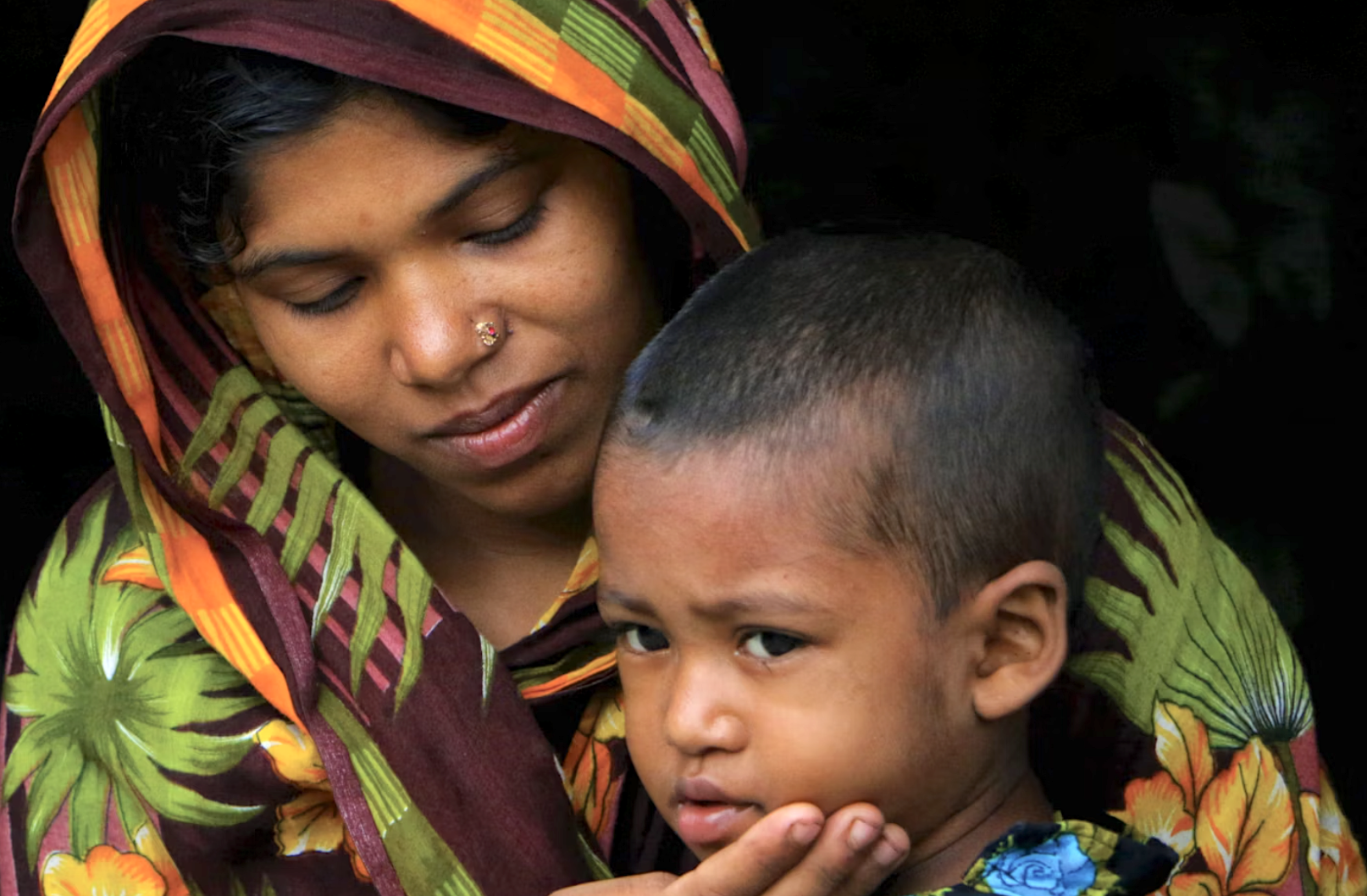P4H country focal person Niccolò Rotigliano supported Cambodia’s progress towards universal health coverage (UHC) between 2021 and 2024 through policy dialogue, topical analyses, tax reform studies, workshops and other efforts. He helped foster collaboration, inform the UHC road map, and strengthen social health protection systems.
Cambodia is addressing significant health system challenges, including high out-of-pocket spending, limited access to quality health care services for vulnerable populations, and the epidemiological transition toward noncommunicable diseases (NCDs). Multiple inputs and collaborative efforts, with the participation of the P4H Network and others, contributed to progress towards universal health coverage (UHC) in the period 2021-2024.
P4H Network Country Focal Person (P4H-CFP) Niccolò Rotigliano was deployed to Cambodia from September 2021 to November 2024. Contracted by the Deutsche Gesellschaft für Internationale Zusammenarbeit (GIZ) and funded by the German Federal Ministry for Economic Cooperation and Development (BMZ), Niccolò built on earlier collaborative work by the P4H Network and, during his tenure of a little more than three years, contributed to multiple new initiatives to strengthen Cambodia’s progress towards UHC.
Niccolò collaborated closely with the General Secretariat of the National Social Protection Council (GS-NSPC), whose general mandate is to develop Cambodia’s social protection system and ensure harmonization among the different strategies, policies and other social protection activities in place in Cambodia. During Niccolò’s tenure period, the GS-NSPC was tasked with the critical responsibility of developing Cambodia’s UHC road map, was ultimately published as the Roadmap Towards Universal Health Coverage in Cambodia 2024–2034.
Providing Technical Support for Government Strategy and Implementation
In a collaborative spirit, Niccolò worked closely with other agencies and colleagues. Together with the consultant engaged by the P4H Network Coordination Desk to review the institutional frameworks of ten countries and with GIZ colleagues, Niccolò conducted an assessment of Cambodia’s legal framework for social health protection. The analysis identified disparities in legal protections across different population groups, notably highlighting gaps affecting vulnerable populations and individuals living in poverty.
Supported by a consultancy team from the National University of Singapore, led by Esabelle Yam, as of this writing the P4H-CFP in Australia, Niccolò facilitated a political economy analysis on health tax reforms related to tobacco, alcohol, and sugar-sweetened beverages. The analysis combined desk reviews and qualitative interviews with various stakeholders, including government bodies, development partners, and civil society organisations.
In collaboration with the World Health Organization (WHO) Cambodia, the WHO Western Pacific Region, and GIZ, Niccolò organized a three-day capacity-building workshop in 2022 for the newly formed team responsible for drafting Cambodia’s UHC road map. Additionally, and with continual support from WHO and GIZ, a UHC monitoring workshop was organised for different national stakeholders.
The workshop aimed to strengthen national capacity for data collection, analysis and reporting specifically monitoring progress towards UHC.
Building on existing literature, Niccolò, some of his GIZ colleagues in Cambodia, and consultants carried out a gender analysis of Cambodia’s social protection system. The analysis highlighted gender-specific patterns of poverty, vulnerability and inequality, assessing how Cambodia’s current social protection framework addresses the diverse needs of women and girls.
National Social Assistance Fund (NSAF), GIZ, and P4H jointly conducted a regional training workshops to enhance awareness of the Health Equity Fund (HEF) among 150 NSAF officials. These workshops significantly improved participants’ understanding of HEF benefits, referral pathways, and broader social protection systems, enhancing interagency collaboration and reporting quality.
Using an abridged version of WHO’s questionnaire on structures and processes of country pharmaceutical situations (2008), Niccolò reviewed Cambodia’s pharmaceutical sector, focusing on structures and processes of national pharmaceutical systems. Results, presented by Niccolò to the general secretary of the GS-NSPC, led to further research in collaboration with the World Bank.
Facilitating Multistakeholder Collaboration and Policy Alignment
The core mandates of a P4H-CFP include establishing, fostering, and maintaining coordination, collaboration, and learning in health financing for UHC, and providing a local information hub among stakeholders. In this regard, Niccolò consistently organized meetings of the local P4H Network in Cambodia (P4HC+) to disseminate results and foster collaboration. This local platform was built on the vision of Bart Jacobs, who served as the first P4H-CFP in Cambodia for seven years and was Niccolò’s predecessor, comprising development partners not formally part of the P4H Network. Bart’s vision was to create an inclusive platform that brought together all key stakeholders working on health financing and social health protection in Cambodia, extending beyond formal P4H members, to encourage open dialogue, information sharing, and stronger coordination. As of November 2024, the local network P4HC+ had grown substantially to include 22 agencies, significantly enhancing local collaboration and policy alignment.
The deputy prime minister and minister of economy and finance of Cambodia formally nominated Niccolò alternate coordinator of the development partners’ social health protection working group, they had set up, alongside the WHO representative who was the working group’s coordinator. This working group, established under a broader coordination mechanism between Cambodia’s government and development partners, aimed to enhance coordination, implementation of initiatives, mutual accountability, and policy coherence in social protection. Niccolò also served as a member of the high-level policy input working group, receiving official recognition by the deputy prime minister and minister of economy and finance, who had also set up this group.
Last, Cambodia actively participated in the 2021–2022 Leadership for UHC (L4UHC) programme, officially launched at the French Embassy by the French ambassador and the general secretary of the GS-NSPC. The programme, supported financially and technically in Cambodia by P4H and GIZ, included hiring a local coach to facilitate coalition activities. Cambodian delegates joined peers from Nepal and Pakistan for a one-week workshop in Bangkok, developing Collective Action Initiatives.
Contributions to System Outcomes and Impact
While the P4H-CFP’s scope of work focused mainly on policy dialogue, capacity building, and technical inputs, several modest yet meaningful contributions can be noted across Cambodia’s health financing and social protection systems. The legal assessment conducted with national partners helped identify critical gaps in coverage and equity, supporting the government’s ongoing efforts to align Cambodia’s legal framework with UHC objectives. The political economy analysis of health tax reform increased awareness within key institutions and encouraged multisectoral discussions on the use of fiscal policy to promote healthier behaviours.
The gender review offered a nuanced understanding of how Cambodia’s social protection system addresses gendered vulnerabilities, contributing to more inclusive policy design and dialogue. The UHC Roadmap, developed through a collaborative process with the GS-NSPC and other national stakeholders, offers a strategic reference point for future health financing reforms. The pharmaceutical sector review laid the groundwork for deeper engagement on medicine-related costs, a key driver of out-of-pocket expenditure.
These contributions supported progress towards more coherent and inclusive social health protection and health financing policies. While direct attribution to national outcomes remains complex, these initiatives have fed into broader processes aimed at improving the sustainability, equity and efficiency of Cambodia’s systems – and ultimately enhancing financial protection for its population.



